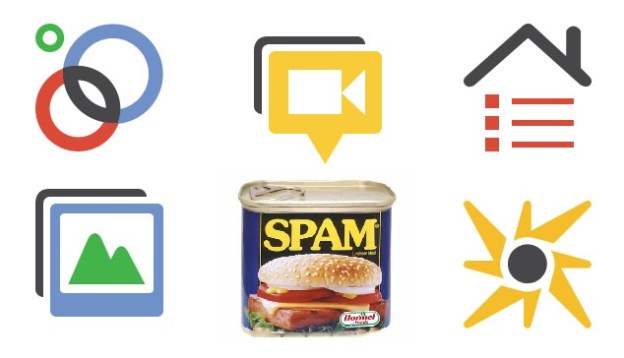
Perhaps popularity has its downsides. Google+, thanks to a huge influx of new members, actually ran out of disk space over the weekend resulting in a flood of spam to users. Vic Gundotra, Google’s SVP for social networking, explained the problem with a post on his Google+ profile.
“For about 80 minutes we ran out of disk space on the service that keeps track of notifications,” he wrote. “Hence our system continued to try sending notifications. Over, and over again. Yikes.”
“We didn’t expect to hit these high thresholds so quickly, but we should have.”
While Google must be at least somewhat pleased that Google+ users are already pushing the infrastructure to its limits, it’s odd that a service bent on taking on Facebook (and its 750 million users) would already be hitting the wall.
But with Google’s resources, it’s hard to imagine that the company would simply run out of space for data storage. All in all, the crash was more likely due to a miscalculation of how much load Google+ was to expect and poor oversight of how much traffic growth the system was experiencing.
Of course, this is most likely why Google+ has been available to only a limited number of users so far. With Google’s reach and the simple fact that nearly everyone who spends time online is involved with social networks, a completely-open launch would surely have resulted in an explosion of traffic requiring an ungodly level of infrastructure to already be up and running.
On the bright side for Google+ users, it was a minor issue affecting only the notifications system, and isn’t indicative of any huge problems with the service. Still, it proved to be a wake-up call for Google as the company continues to get Google+ ready for an open launch. Gundotra announced on his profile early this morning that Google is addressing criticism on Google+ and should be releasing updates this week.


